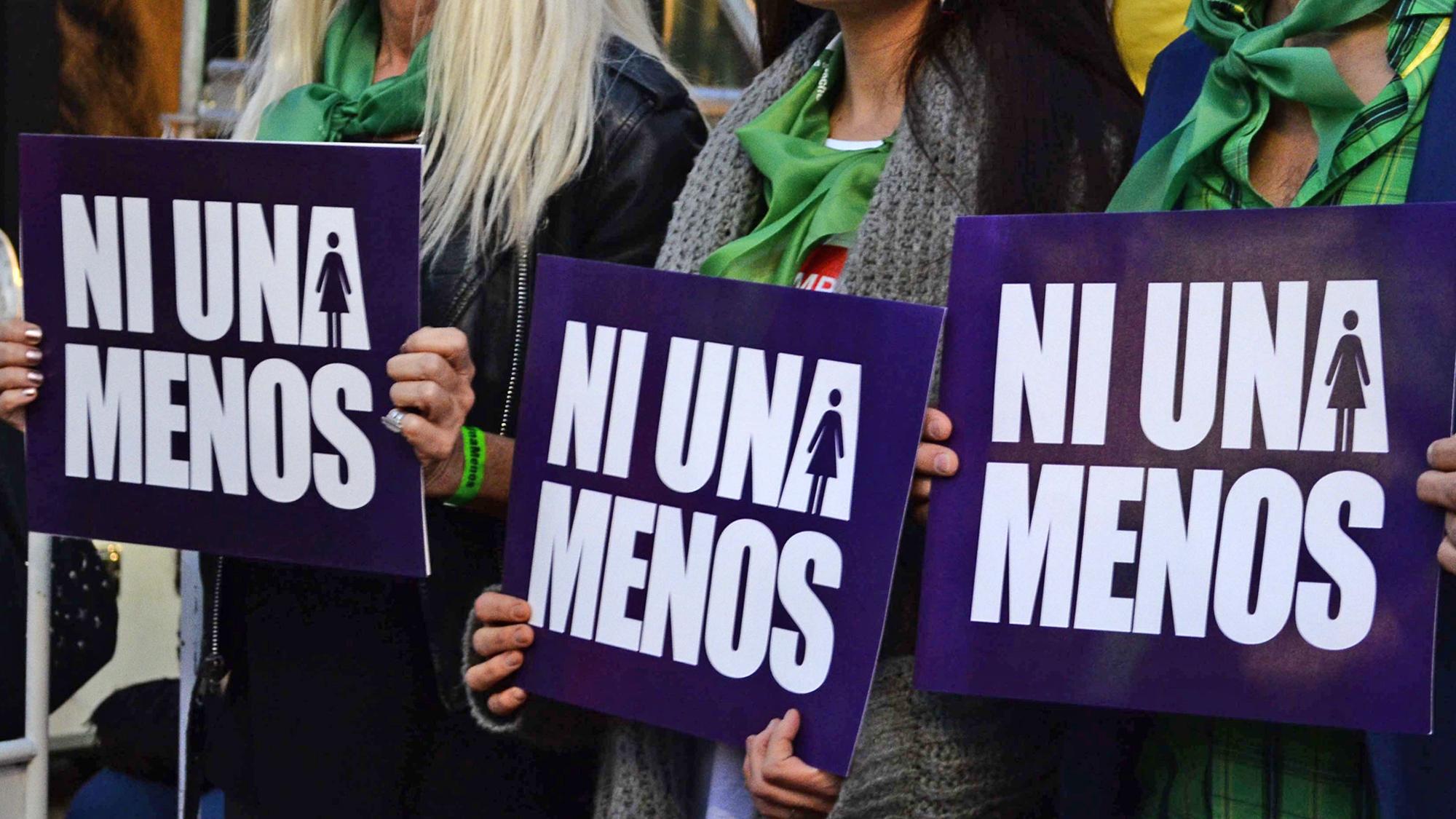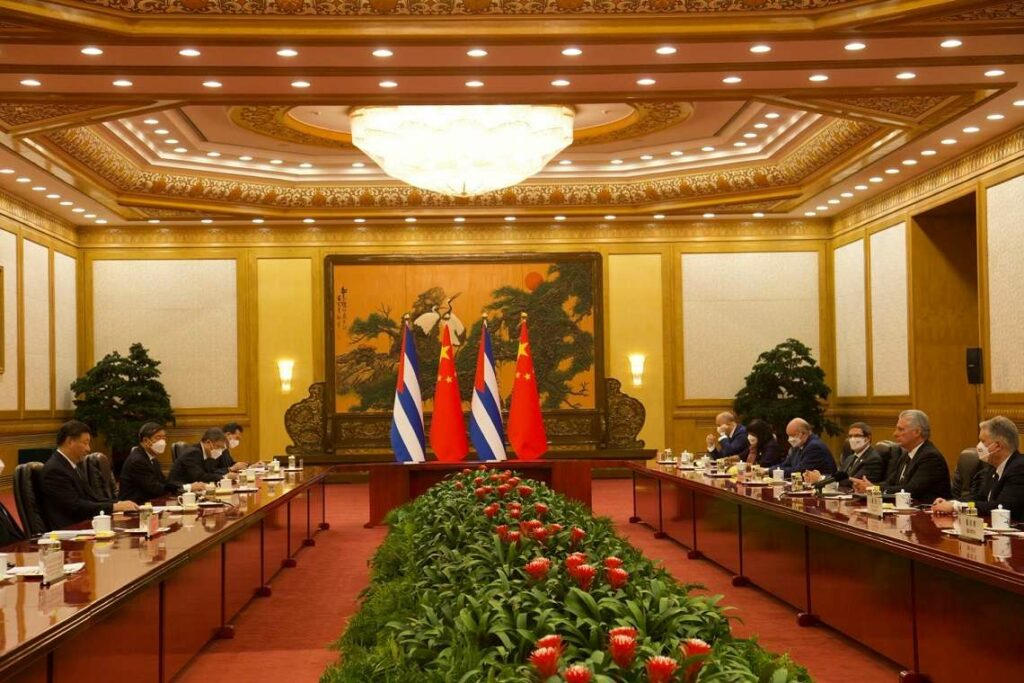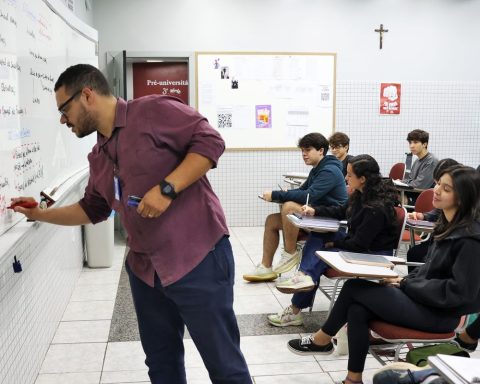Within the framework of the International Day for the Elimination of Violence against Women, the Electoral Observation Mission -MOE, presents its report ‘Manifestations of political violence against women’s leadership and candidacies in a year of electoral campaigns’.
Allowed demonstrate that “the climate of the exercise of political rights in Colombia is hostile”, says the MOE.
Although violence is “generalized for candidacies and social leaders, in their investigations some differential marks are identified that show how violence is expressed according to gender”.
Also read: The ‘Purple Patrol’ with which they seek to reduce violence against women in Bogotá
According to the data obtained by the MOE in the Report, between On January 1 and October 25, 2022, 90 violent acts against women leaders occurredwith an increase of 60.7% compared to 2018, the year in which legislative and presidential elections were also held.
The most recurrent aggression against women leaders in 2022, was the threat, with 62 events, in addition to 8 attacks, 4 murders, and 2 kidnappings.
These acts of violence against women leaders took place in 18 departments of the country, being Bogotá with 28 events, Cauca with 15 and Antioquia with 12, the most affected territoriesadding up to 58.9% of the attacks against women.
The EOM urges the Congress of the Republic to approve regulations aimed at providing prevention measuressanction and reparation of gender-based violence in political and digital contexts.
Of interest: Supreme Court ‘scolds’ lawyers in cases of violence against women
To the electoral authority, headed by the National Electoral Council -CNE, to “generate more specific routes for attention to Violence Against Women in Politics, In addition, make more concrete the functions designated in the protocol for the prevention and attention to political violence against women issued by this entity in 2021”.
And to the National Government, to strengthen the action of the Observatory on violence against women in politics directed by the Presidential Council for Women’s Equality -CPEM, in order to have constant follow-up and monitoring of this phenomenon.

















